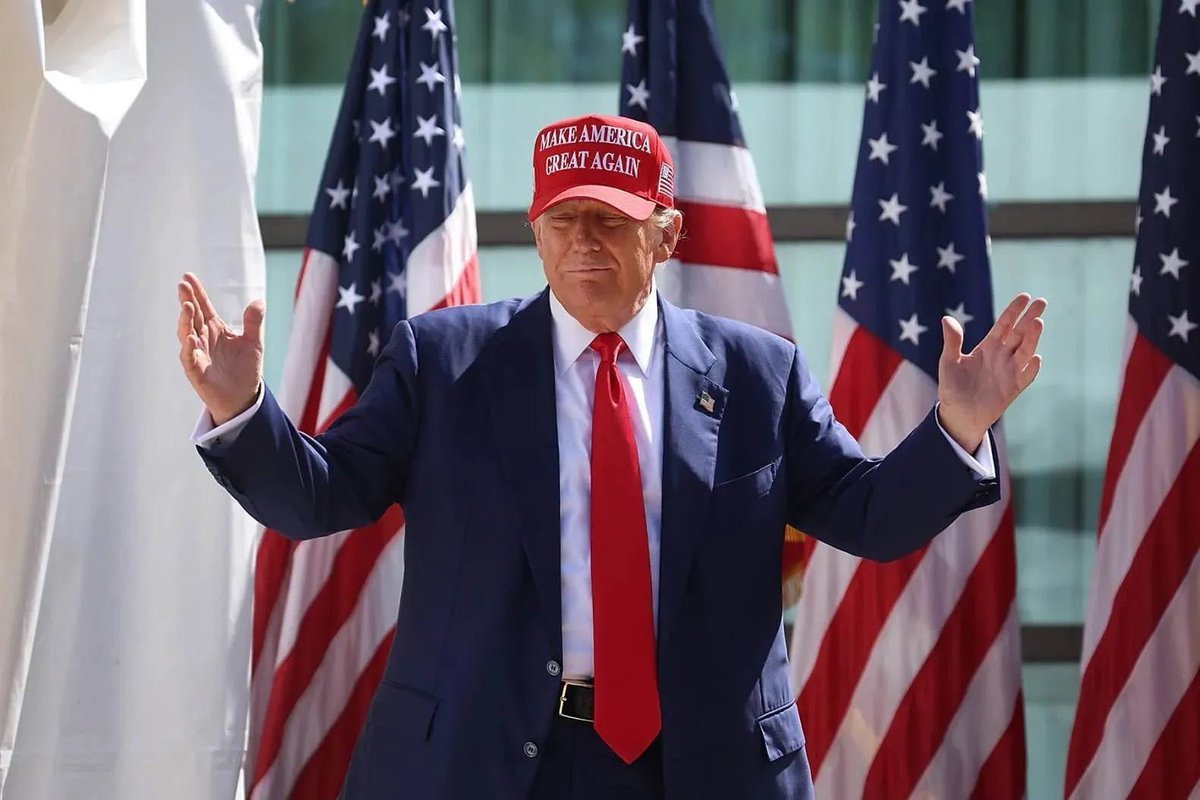U.S. President Donald Trump has announced a sweeping plan to impose tariffs on imports from all countries that charge duties on American goods.
The policy, which Trump has called a “reciprocal tariff” system, is aimed at protecting U.S. industries and encouraging domestic manufacturing.
“If a country taxes our goods, we will tax theirs at the same rate—or higher,” Trump stated during a recent speech. “It’s time we level the playing field for American workers.”
The tariffs are expected to impact a wide range of industries, including automobiles, technology, and pharmaceuticals. Starting April 3, a 25% tariff will be applied to all foreign-made vehicles entering the U.S. Trump has indicated that these measures will remain in place indefinitely unless other nations lower their trade barriers.
Economic Reactions and Concerns
While the policy is being hailed by some as a necessary step to strengthen the U.S. economy, it has also sparked concern among economists and business leaders. Some analysts warn that higher import costs could lead to increased prices for American consumers and strain relationships with key trading partners.
Financial markets have already shown signs of unease. The Australian stock market saw a sharp drop of $38 billion following Trump’s announcement, and investment firms like Goldman Sachs have raised the likelihood of a U.S. recession, citing the possible economic disruptions.
Also Read; Russia Strikes Ukraine’s Power Plant
Amid Winter
Other nations are also reacting swiftly. The European Union and Canada have already introduced retaliatory tariffs on American goods, raising the prospect of a broader trade war. Some experts worry that this could create long-term instability for both businesses and consumers.
Uncertain Future
Despite the criticism, Trump remains firm on his stance, arguing that the tariffs will encourage companies to bring jobs and production back to the U.S. “If you build here, you pay no tariffs. Simple as that,” he stated.
As countries and businesses adjust to the new trade environment, the long-term effects of these tariffs remain uncertain. Supporters see them as a bold move to protect American jobs, while critics warn of economic risks and global tensions. One thing is clear: the world is watching closely to see what happens next.







